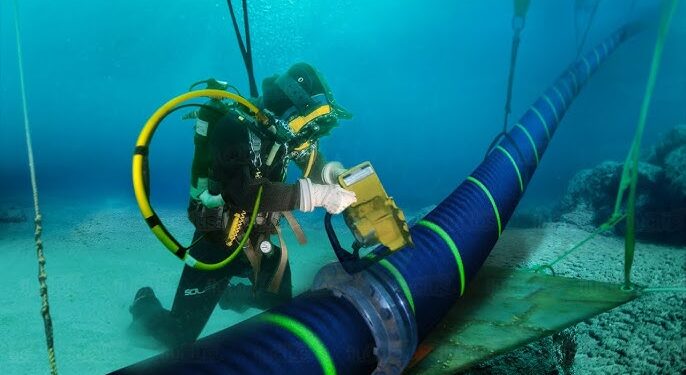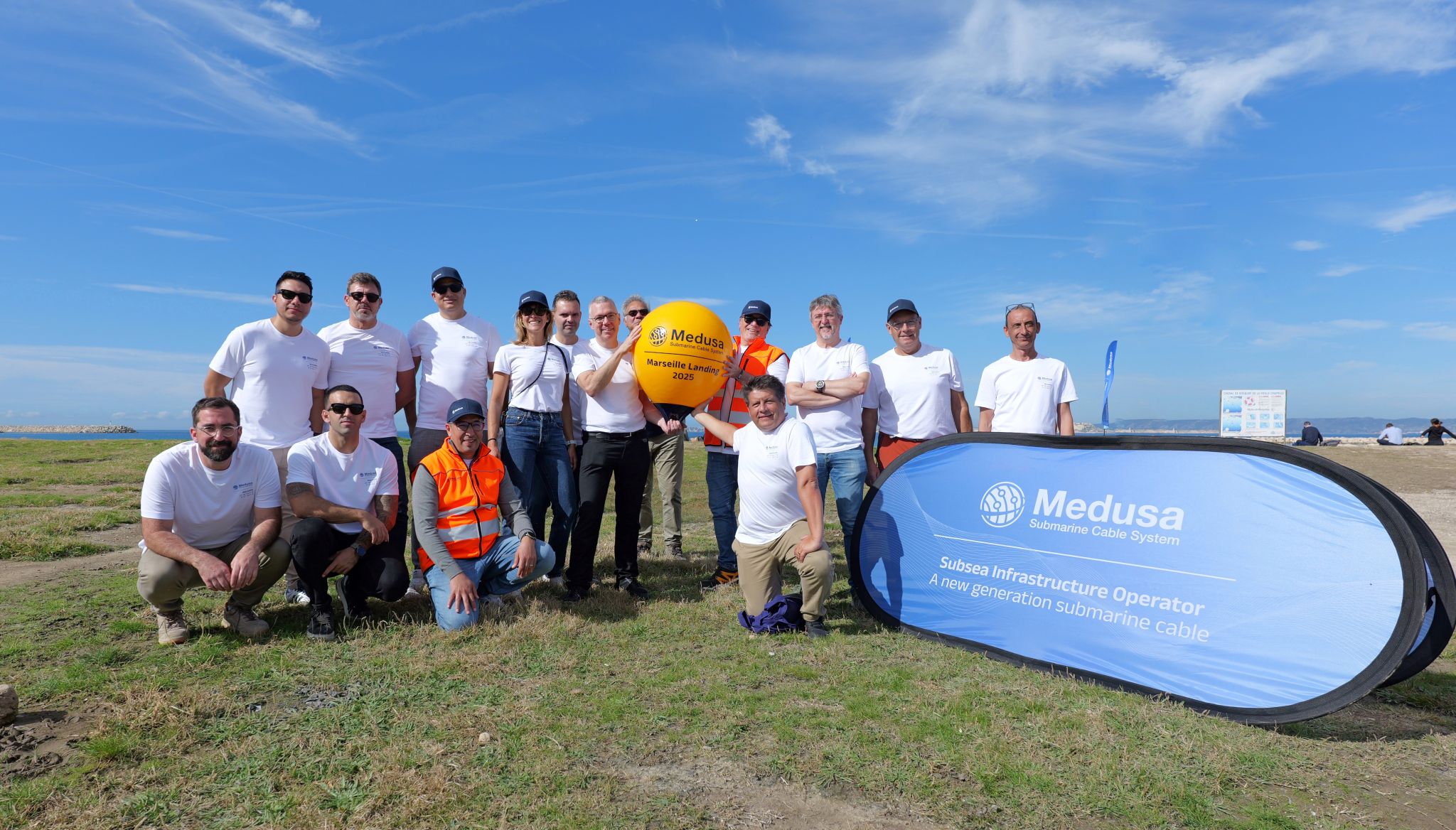General
Medusa submarine cable linking Europe to Sub-Saharan Africa begins deployment
The €342 million Medusa submarine cable project, designed to strengthen digital connectivity between Europe and Sub-Saharan Africa, has officially entered its deployment phase The €342 million Medusa submarine cable project aims to enhance digital connectivity between Europe and Sub-Saharan Afric...
Business Insider Africa
published: Oct 13, 2025


The €342 million Medusa submarine cable project, designed to strengthen digital connectivity between Europe and Sub-Saharan Africa, has officially entered its deployment phase
- The €342 million Medusa submarine cable project aims to enhance digital connectivity between Europe and Sub-Saharan Africa.
- The initiative, led by Barcelona-based AFR-IX Telecom, will establish a major data corridor over an 8,700-kilometre path.
- The cable's deployment began in Marseille, connecting Southern Europe with North Africa and extending into Sub-Saharan regions.
- Plans include 19 landing points and partnerships with nations such as Gabon for broader connectivity.
A €342 million ($395 million) submarine cable project known as Medusa has officially entered its deployment phase, marking a significant milestone for Africa’s digital connectivity ambitions.
The project, led by Barcelona-based telecom infrastructure company AFR-IX Telecom, is designed to create a new data corridor between Europe, North Africa, and Sub-Saharan Africa, dramatically enhancing cross-continental internet capacity.
The first section of the cable landed in Marseille, France, on Wednesday, October 8, by project partner Orange Group. This milestone marks the beginning of an 8,700-kilometre-long system that will connect Southern Europe with multiple North African countries before expanding southwards into Sub-Saharan Africa.
“By bringing Medusa to Marseille, one of Europe’s leading digital hubs, we are laying the foundation for a project that will transform communications between Europe and Africa,” said Norman Albi, CEO of AFR-IX Telecom and Medusa.
“Medusa will act as a driver of economic growth for the region and a catalyst for knowledge exchange across the Mediterranean.”
Deployment and expansion
According to AFR-IX Telecom, the initial segment of the Medusa cable will connect Marseille to Bizerte in Tunisia and Nador in Morocco, with landings scheduled between October and December 2025.
The 8,700-kilometer digital interconnection will link the Atlantic coast, Mediterranean Sea, and Red Sea, forming a new high-speed data corridor that enhances connectivity between Europe and Africa.

Designed with a total capacity of 480 terabits per second (20 terabits per second for each of its 24 fiber pairs) the system represents one of the most powerful submarine networks in the region.
Backed by a €342 million investment, partly financed by the European Union, Medusa will connect major European nations such as Cyprus, Greece, France, Portugal, Italy, and Spain with key North African countries including Morocco, Algeria, Tunisia, Libya, and Egypt.
Deployment across the Mediterranean will continue through 2026, ultimately establishing 19 landing points throughout Southern Europe and North Africa.
Expansion into Sub-Saharan Africa is already progressing. Earlier this year, AFR-IX secured an additional €14.3 million from the European Commission to extend the system toward West Africa. In March 2025, Gabon became the first Sub-Saharan nation to sign on to the project, with its cable landing planned for 2028.
To further broaden reach, AFR-IX and the U.S. Trade and Development Agency (USTDA) have initiated a feasibility study to evaluate potential routes for connecting up to 22 additional African countries. If realized, this expansion could link hundreds of millions of people, significantly enhancing the continent’s digital infrastructure and global connectivity.
Bridging Africa’s digital divide
Once operational in 2026, Medusa will feature up to 24 fiber pairs capable of delivering speeds of 20 terabits per second per pair, making it one of the most advanced systems in the region.
Analysts say that by increasing data capacity, the project could reduce the high cost of internet services across Africa, a continent where broadband access remains among the world’s most expensive.
Currently, fewer than 40 percent of Africans have regular access to the internet, largely due to limited infrastructure and high data costs. Medusa’s arrival could be a turning point, enabling cheaper bandwidth, faster speeds, and greater competition among service providers. However, the benefits will depend on complementary investments in inland fiber networks to distribute the capacity from coastal landing points into the continent’s interior.
In the long run, Medusa’s success could strengthen Africa’s position in the global digital economy further stimulating innovation, e-commerce, and remote work opportunities, and helping to close the digital divide that continues to limit growth across the continent.
Read More